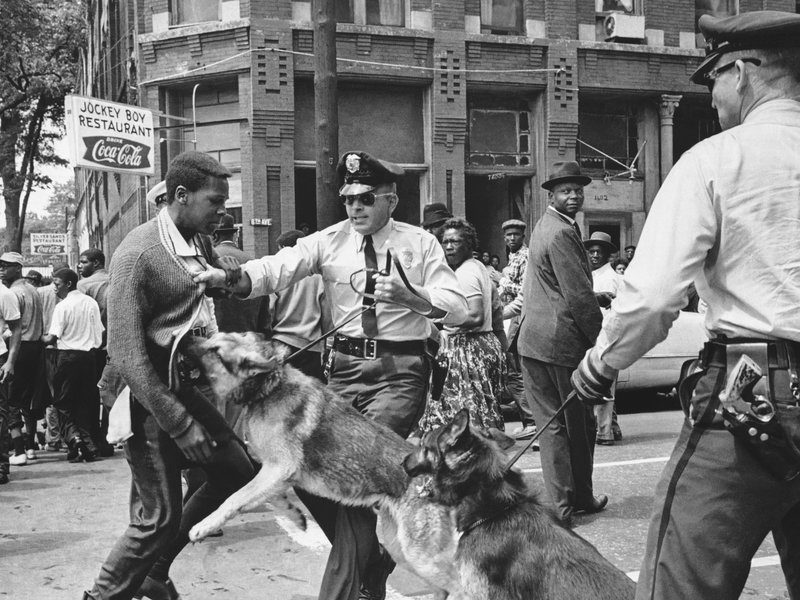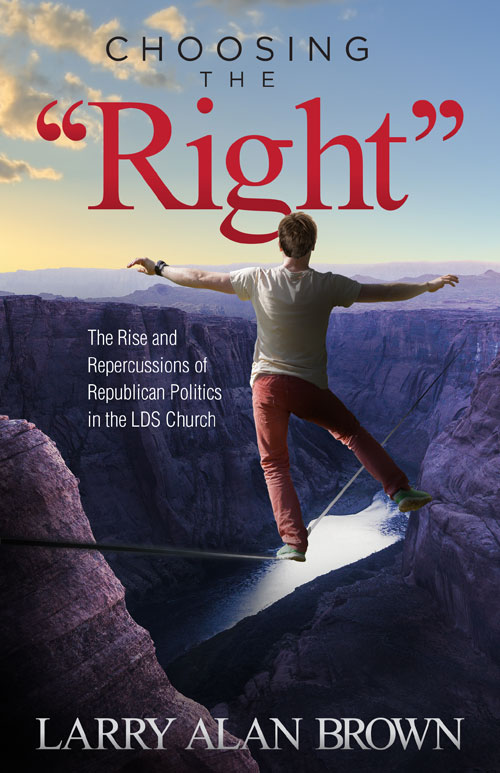I didn’t think I was prejudiced toward minorities while growing up in Western New York in the 1960’s. But looking back on those years, I realize that I had bought into the stereotypes. Along with my friends, I chuckled at racial jokes in a culture where African-Americans and other racial and ethnic minorities were scorned as outsiders. It didn’t occur to us that our flippant attitude toward discrimination helped reinforce, even tacitly, the notion that it wasn’t such a big deal.
We had plenty of minorities in the Buffalo area – Irish, Poles, African-Americans, Hispanics, Germans, Italians, Jews and many others – people who came from all over the world after World War II to work on the railroad, in steel mills and other heavy industries as well as businesses that supported those laborers. They were an integral cog in a burgeoning economy. But despite their contributions, they were portrayed as being lesser people for having different colored skin or a foreign accent. We didn’t want to think that we were limiting them to a life of disrespect and second-class citizenship.
By the time I went to college it became increasingly obvious to me that prejudice in all its forms was wrong. Sparked by the Reverend Martin Luther King, Jr., Medgar Evers and other courageous, self-sacrificing men and women, the civil rights movement was shaking American society. Violence against blacks was increasing. I’ll never forget the moment I found out King had been assassinated in Memphis. I was in my college English class. There was one black man in the class, a huge but gentle man. When the word of the killing swept through the room, he broke down in an unforgettable spasm of anger and sobbing. I felt deep sorrow for him. I was afraid of what it meant for our nation.
More and more, I stand in awe of the raw resiliency shown by so many brave souls who stood, and still stand, against the “tyranny of the majority.” There are countless examples of undaunted courage in the face of ridicule, assaults and even threats on their lives, too often tragically realized. In the 1950’s and 1960’s, the Little Rock Nine, Rosa Parks, the lunch counter sit-in at Woolworth’s and images of high powered fire hoses and snarling police dogs attacking peaceful protesters in Birmingham, shook the nation’s foundations.
Today, blacks and other people of color, and now Muslims – especially poor ones – continue to endure prejudice in the form of race-based police profiling, arrests, overreaction and violence; increasingly recorded on smart phones by witnesses and condemned in the courts. But how many such incidents go unrecorded and are not prosecuted?
I’ve heard it argued that minorities who say they are being denied their basic rights can no longer lean on the excuse that they’re still being persecuted like they were only a few decades ago. Has it really gotten much better? Some would point to the increased percentage of blacks in college, in elective office and those living in majority white neighborhoods – neighborhoods that not too long ago would have denied them home ownership – as proof that racial prejudice has largely been stamped out in America. They assert that the election of Barack Obama to the presidency for two terms has ushered in a new era of enlightened “post-racial America.”
The facts don’t support that argument. One stark example of blatant, ingrained racism raises its ugly head in the percentage of black men in the U.S. prison system. In January 2018, Pew Research had this to say about the gross over-representation of blacks and Hispanics in long term lockup: “In 2016, blacks represented 12% of the U.S. adult population but 33% of the sentenced prison population. Whites accounted for 64% of adults but [only] 30% of prisoners. And while Hispanics represented 16% of the adult population, they accounted for 23% of inmates.” In an interview on National Public Radio in November 2017, a Georgetown law professor and former federal prosecutor cited data from the U.S. Sentencing Commission that the average sentence is nearly 20 percent longer for black men than white men. Related studies have found that sentencing disparities exist even when the crimes, circumstances and backgrounds are essentially the same for blacks and whites.
Many whites say “Of course there are so many more minority men in prison than whites; they commit more crimes.” Many bigots would mindlessly suggest that people of color are somehow genetically wired to commit more crimes than whites. Most of us couldn’t even imagine such a thought and would condemn it out of hand. So why are the prisons disproportionately full of minority convicts? Could it be because inner city schools are grievously underfunded and dilapidated compared to white suburban schools? Is it possible that their shot at a good life has been derailed because millions of lower skilled, decent paying jobs have moved from the cities to the suburbs or have been off-shored to countries with cheap labor? Maybe it’s because the federal outlay for vocational training – for decades an excellent path to self-reliance for underprivileged students – was slashed by nearly 40 percent in real dollars between 2000 and 2014 and continues to decline. Without access to a decent education or employment, minorities are relegated to the lowest rungs of the economic ladder; a prescription for hopelessness and crime.
Courage is among the noblest of human attributes. I deeply admire those who bend but won’t break in the face of injustice at the hands of a powerful and often self-righteous majority. I hold in the highest esteem the vastly outnumbered but steadfast souls whose relentless and often dangerous pursuit of equal treatment makes them the targets of cruelty, disdain and – perhaps even worse – indifference. They’re heroes who shouldn’t be scorned, but celebrated. I’d like to believe that I have the strength of character to stand up for them; to be more like them. But do I?
Special note: I want to acknowledge the bravery and sacrifices made by so many of our law enforcement people, most of whom, I believe, take seriously their commitment to “serve and protect” without singling out minorities for bad treatment. My contention, though, is that there is still so much prejudice in the justice system, including judges and prosecutors, that the nation continues to suffer from an intolerable amount of racism in all aspects of American society.








2 Comments
Kira December 23, 2018
Thank you for this post! This is so true – the systemic racism in our justice system is such a significant problem in our country!
larryalanbrown December 25, 2018
Good to hear from you, Kira. Deeply ingrained biases are excruciatingly slow to change. Glacial. It seems that generational replacement is the key to flushing such toxins out of a society. It literally has to die out.
Leave a comment